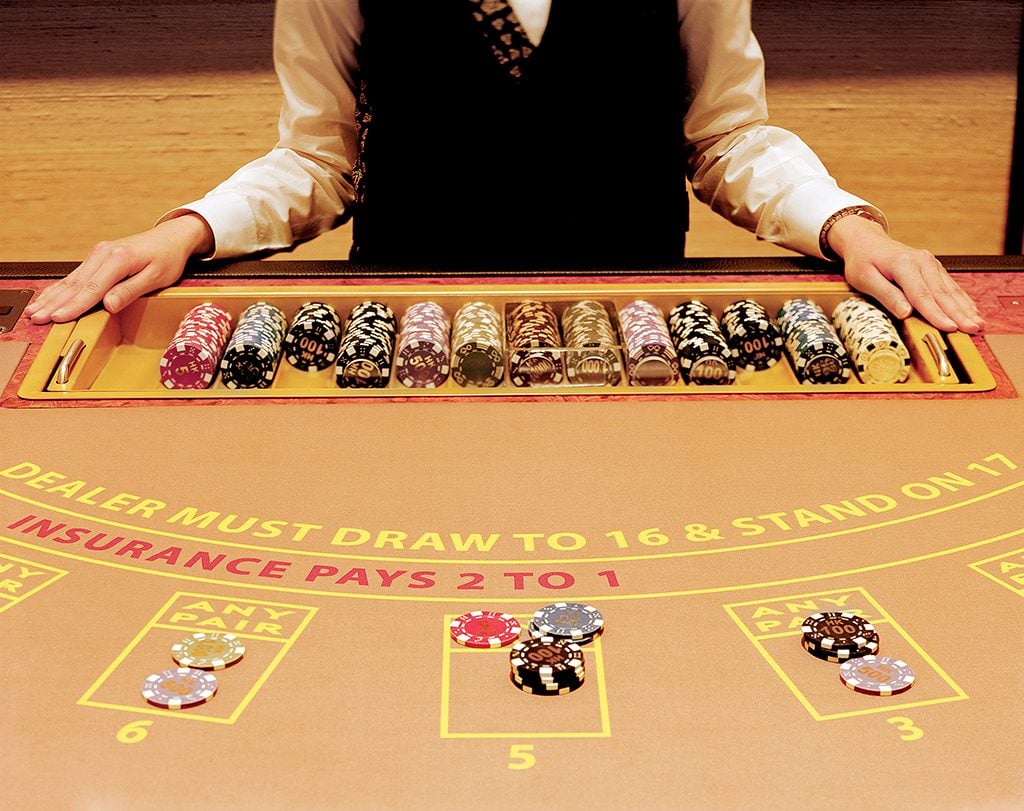
When we think of gambling activities, the first images that frequently come to mind are those of rotating roulette wheels, poker chips clinking on felt surfaces, and cubes flying across a betting area. While many consider these activities as mere hobbies fueled by luck, a deeper exploration reveals a fascinating blend of tactics, skill, and community engagement that raises them far beyond basic luck. Regardless of whether you are a experienced player or a curious newcomer, grasping the subtleties of these activities can greatly enhance your experience and appreciation.
Gambling games have developed over centuries, with different cultures contributing to their rich histories and variations. From the intricate strategies of blackjack to the bluffing methods in poker, players engage in a battle of intellect as much as a risk on odds. This dynamic interplay between chance and skill creates a thrilling atmosphere that draws millions to casinos worldwide. As we explore the realm of table games, we will reveal the strategies that can tilt the odds in your advantage and the social elements that make these games a favored choice for leisure and engagement.
A Strategy Behind Table Games
Table games frequently involve a blend of skill and chance, making them fascinating for participants who enjoy a test. Every title has their unique set of guidelines and strategies that can affect the outcome. For instance, in games like blackjack, players are required to use tactics like card counting and understanding the odds to make informed decisions. This expertise can greatly improve the winning potential, differentiating experienced participants from beginners who may depend entirely on luck.
In contrast, titles such as the roulette may appear to be entirely based on luck, but strategic thinking can also come into play. Participants can select between different betting strategies, such as the Martingale strategy, in which they raise their wagers after losses. This method can establish a more methodical approach to the activity. Grasping the odds of specific bets can also assist players make better decisions on the roulette table, showcasing that even in titles of luck, strategy can enhance the enjoyment.
Furthermore, the game of poker is notable as a game that heavily emphasizes tactics. In contrast to most gaming games, poker combines ability, psychology, and luck. Players must not only concentrate on the hands they are given but also consider their opponents actions and betting patterns. Mastering principles like position, the odds of the pot, and reading bluffs is crucial for winning. This depth of strategy in poker often leads to a more immersive experience for players, where the decisions and skills significantly affect the match’s outcome.
Comprehending Chance and Ratios
In the world of gambling matches, probability and ratios hold a vital role in deciding a gambler’s potential consequences. Every game has its own collection of rules that define how the chance of succeeding or failing is measured. For example, in games like 21, participants have a opportunity to affect their ratios through planning, whereas in matches like roulette, the results are exclusively dictated by luck. Grasping how these chances are calculated can greatly impact how a gambler approaches the match. Sum club
Odds are typically presented in two formats: ratio and decimal. Fractional ratios represent the proportion of the sum won to the amount staked, whereas decimal odds show the overall return for a winning wager, which includes the stake. For example, if a match has odds of 5 to 1, this implies that for every one dollar bet, a gambler could gain five units if successful. Learning how to understand these odds enables players to evaluate their possible winnings and formulate more informed choices during play. Sumclub
Players should also be aware of the house edge, which is the casino’s inherent benefit over the gamblers. Each game has a distinct house edge, and understanding this idea is essential for managing one’s hopes and budget. Activities with a lower advantage, such as blackjack and baccarat, typically offer better ratios for gamblers compared to games like slot machines and lottery. By understanding the relationship between probability, odds, and the casino advantage, gamblers can enhance their gambling experience and plan more efficiently.
The Exciting Aspect of Casino Table Games
Table games at casinos are often seen as a hub of community engagement, bringing participants together in a shared experience that goes far beyond the mere act of playing games. The atmosphere at a blackjack table can be vibrant, with players engaging not only with the game itself but also with one another. Laughter, excitement, and, sometimes, friendly banter create connections that improve the overall enjoyment of the gaming experience. This communal aspect can turn a solitary endeavor into a dynamic social event, making casino games particularly appealing.
One of the intriguing elements of gaming at tables is the way it fosters friendship among participants. Whether it’s collaborating to beat the dealer at a dice table or sharing stories between hands in a poker game, the environment encourages communication. Participants often share advice or strategies, creating a sense of togetherness that boosts the fun. This social dynamic can make new gamblers feel welcomed and less daunted by the competitive nature of casino games. As the game progresses, friendships may form, leading to a sense of connection that keeps players coming back to the table.
Moreover, the social aspect of gaming at tables extends outside just the participants. Casino staff play a crucial role in facilitating interaction and maintaining the flow of the game. Their ability to engage players with friendly conversation and their expertise in running the table can create an welcoming atmosphere. This connection between participants and staff adds another layer of enjoyment, where gamblers feel connected not only to one another but also to the staff. Such interactions are often what make the experience memorable, as players leave with tales to tell and connections made, reinforcing the notion that gaming at tables are truly about something greater than luck.
